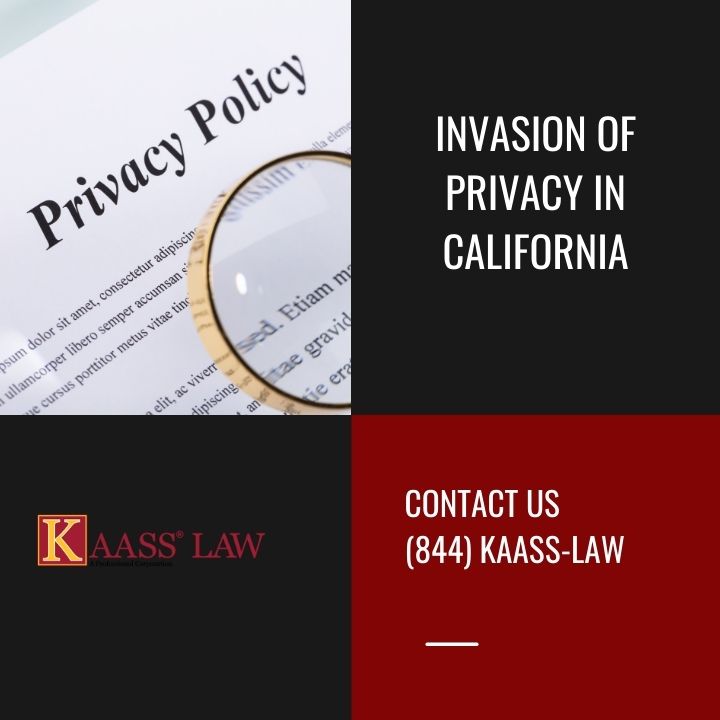Invasion of privacy laws are both criminal and civil in California. They involve false light claims and cases involving the public disclosure of private facts.
The laws are similar in that a person does something that invades another’s privacy. While the specific activities in criminal and civil proceedings differ in terms of definitions and how they are proven, they are both intrusions on a person’s personal affairs.
What is the California Invasion Privacy Act?
The California Privacy Act is a wiretapping law. It prohibits the recording of confidential conversations without the consent of all participants. This includes telephone conversations. Victims of illegal wiretapping may be subject to legal damages. Breaking the law is a crime. Violators may face:
- Fines
- Imprisonment
- Civil action
During a telephone conversation, both parties must agree to record. Which makes California a “bilaterally agreed” state.
Examples of Invasion of Privacy
Examples of invasion of privacy are everywhere. We’ve all heard the story of a man whose ex-boyfriend or girlfriend shared risky photos without their consent. Social media platforms are regularly used as a launching pad for personal attacks. Many of us have probably even become the target of extremely harmful or violent “gossip” about someone’s highly personal information. These are all examples of invasion of privacy, and they are all flagrant violations of people’s right to maintain the confidentiality of their personal affairs.
How to Prove Invasion of Privacy in California?
Typically, only living people can sue for invasion of privacy, which requires proof that public disclosure of a private fact has taken place.
To prove this, it is necessary to establish five elements:
- The disclosure was about private facts
- There was a public disclosure
- The disclosure would offend an ordinary person
- Defendant published this information with irresponsible disregard for its truthfulness or falsity
- The disclosure did not represent a legitimate public interest
Public disclosure of information includes bringing information to the attention of the general public or a large group of people. A private fact is a detail of your life that is usually not open to others, such as your finances, sexual activity, or your health. When disclosure violates commonly held norms of decency, it is offensive to the typical individual. The disclosure that does not cause legitimate public concern is a disclosure that has no social value but deeply violates a person’s privacy.
Finally, demonstrating a reckless lie requires demonstrating that the defendant knew how offensive it would be to reveal private facts but did so anyway.
What to Do if Your Privacy is Invaded?
You may be hesitant to disclose a breach of your privacy due to feelings of vulnerability or even humiliation. However, remember that invasion of privacy is a felony that, like any other crime, must be prosecuted. Privacy invasions can range from innocuous to deadly, but no matter how serious they are, reporting them to the appropriate authorities as soon as possible is the best course of action.
The consequences of defamation can be as serious as personal injury. As a result you deserve justice for the pain and embarrassment you are experiencing or did in the past.
Glendale Personal Injury Lawyer
If you or someone you know is subject to privacy invasion and have further issues, contact our Glendale personal injury lawyer today for a consultation and case review. If you have any questions please feel free to give our office a call at 310.943.1171.

